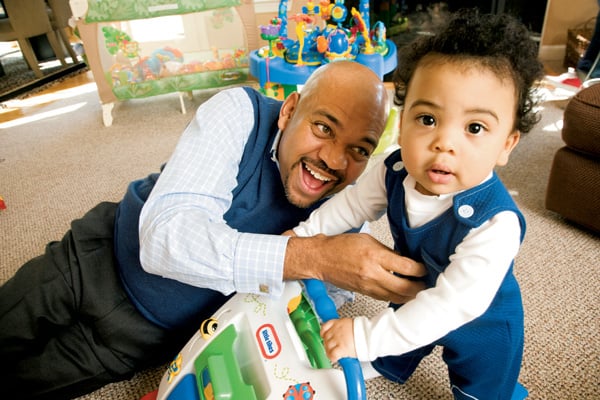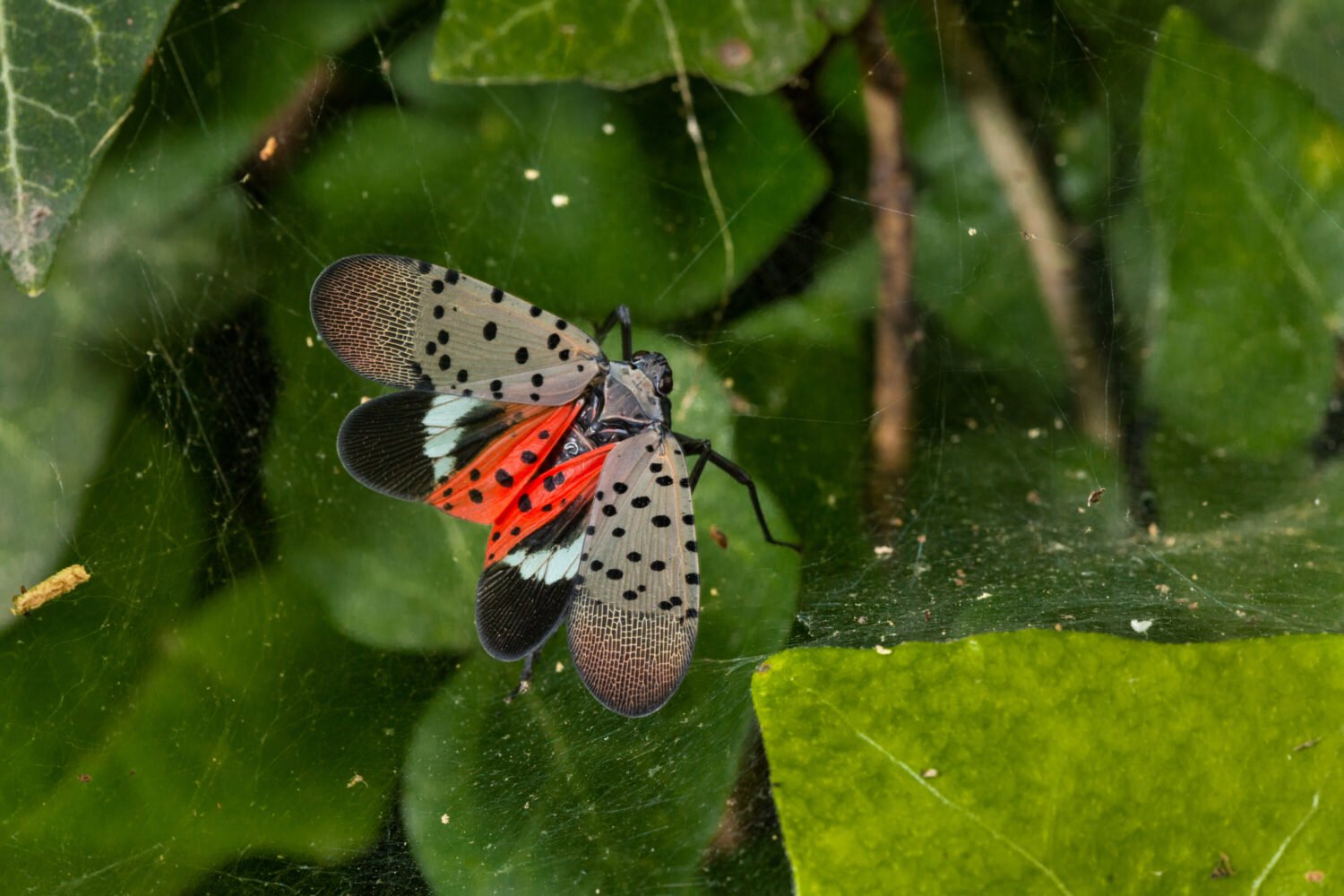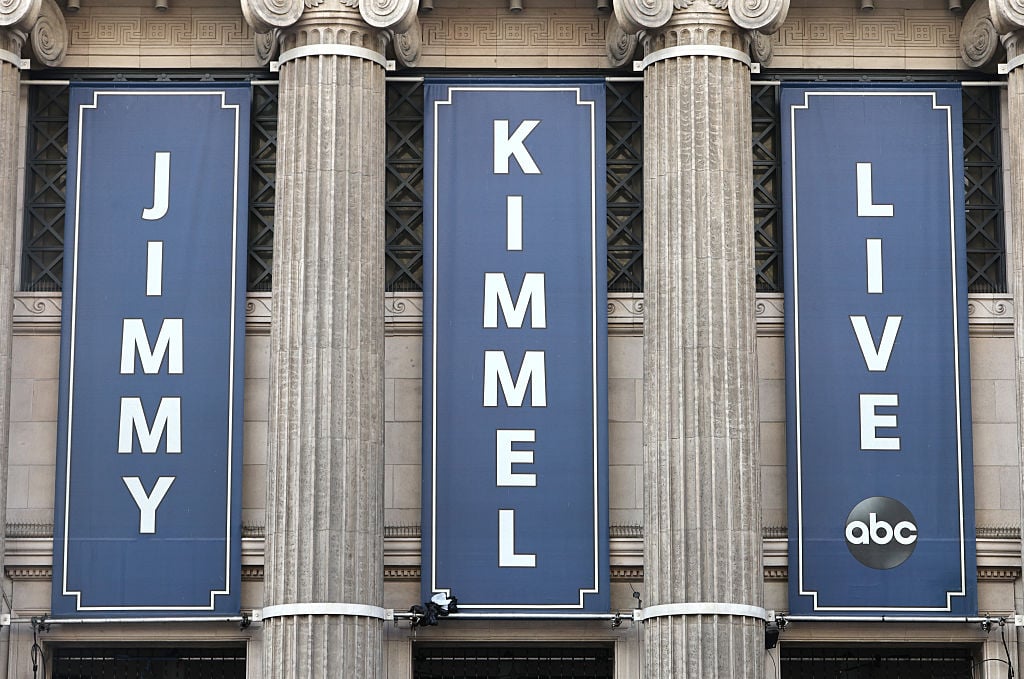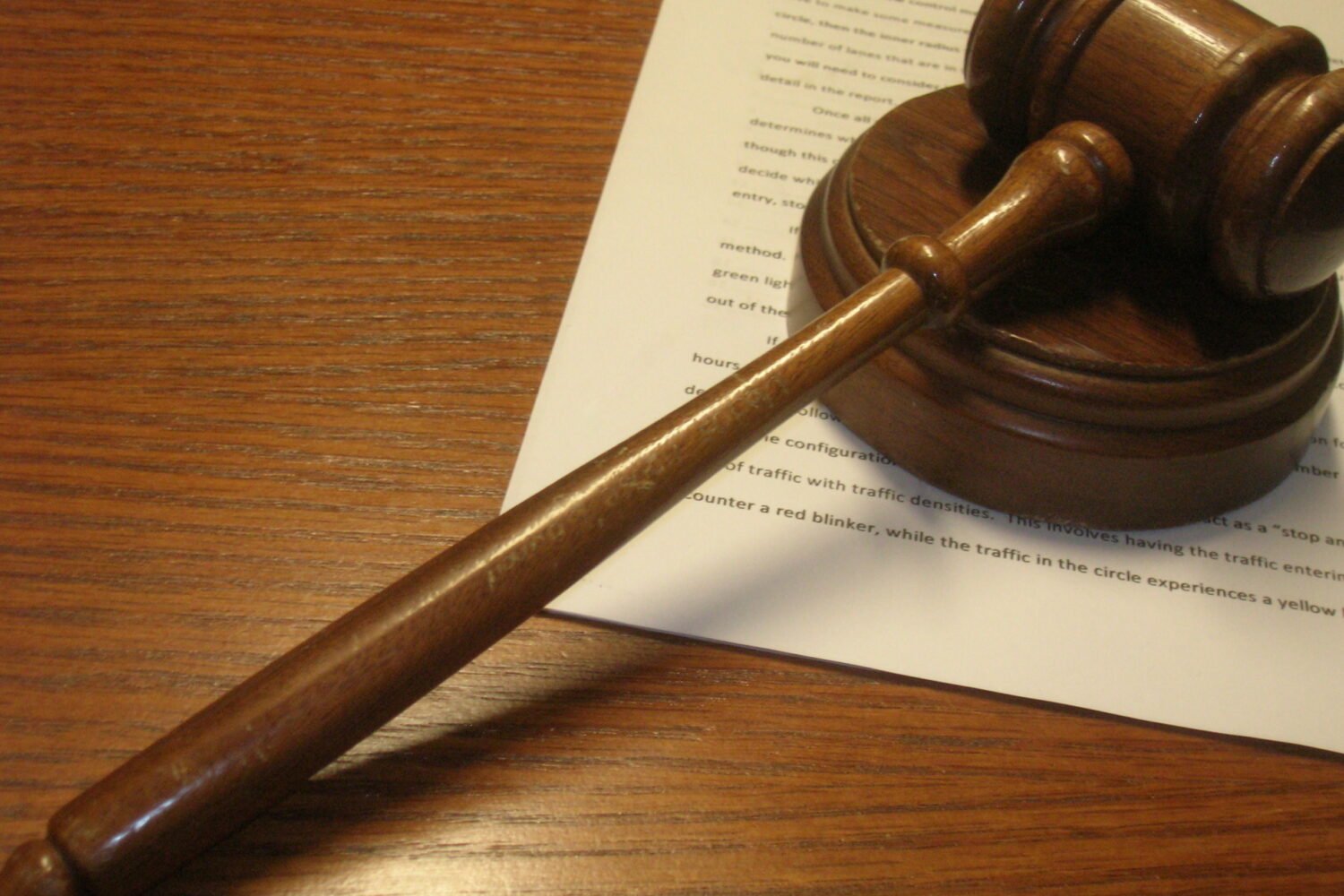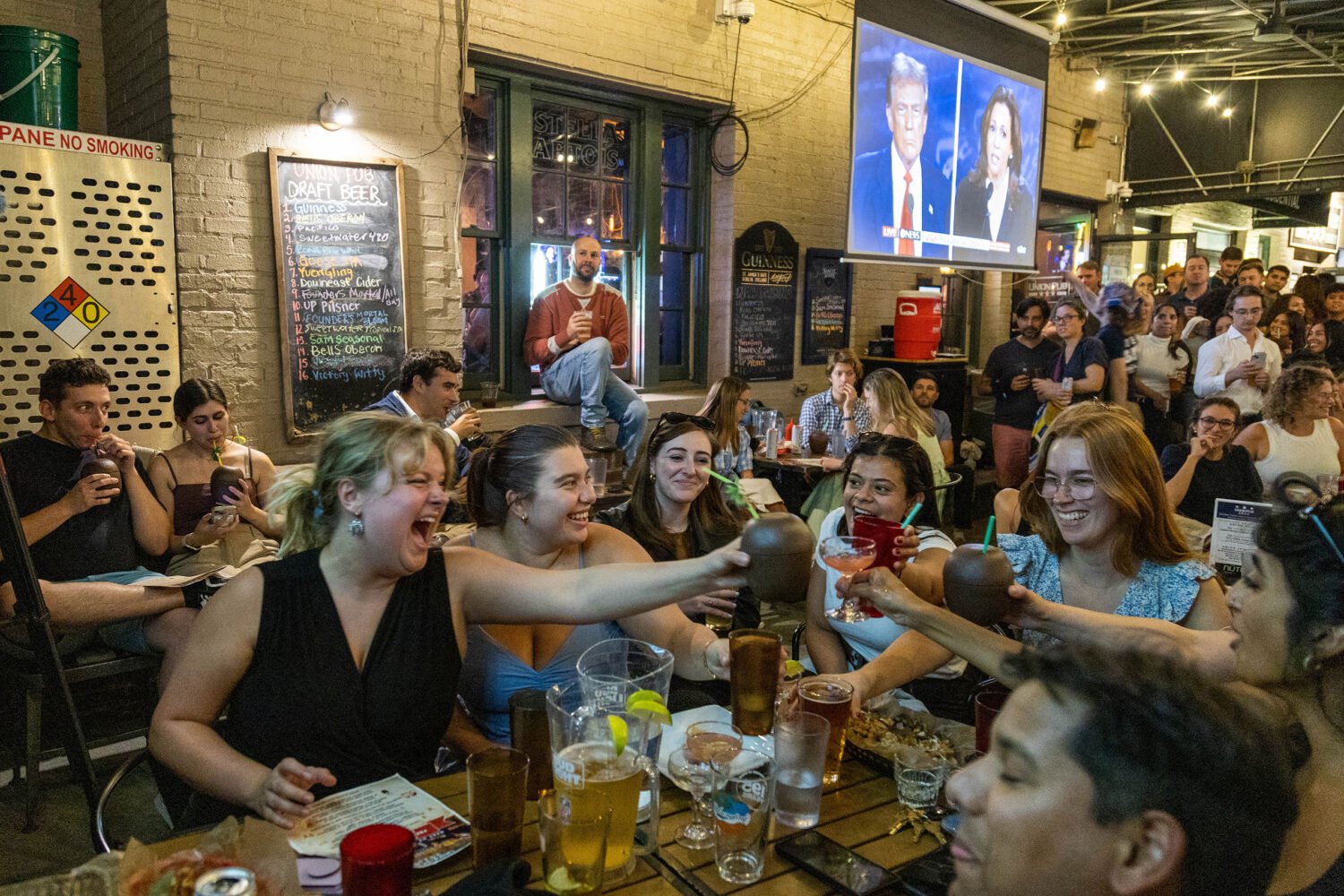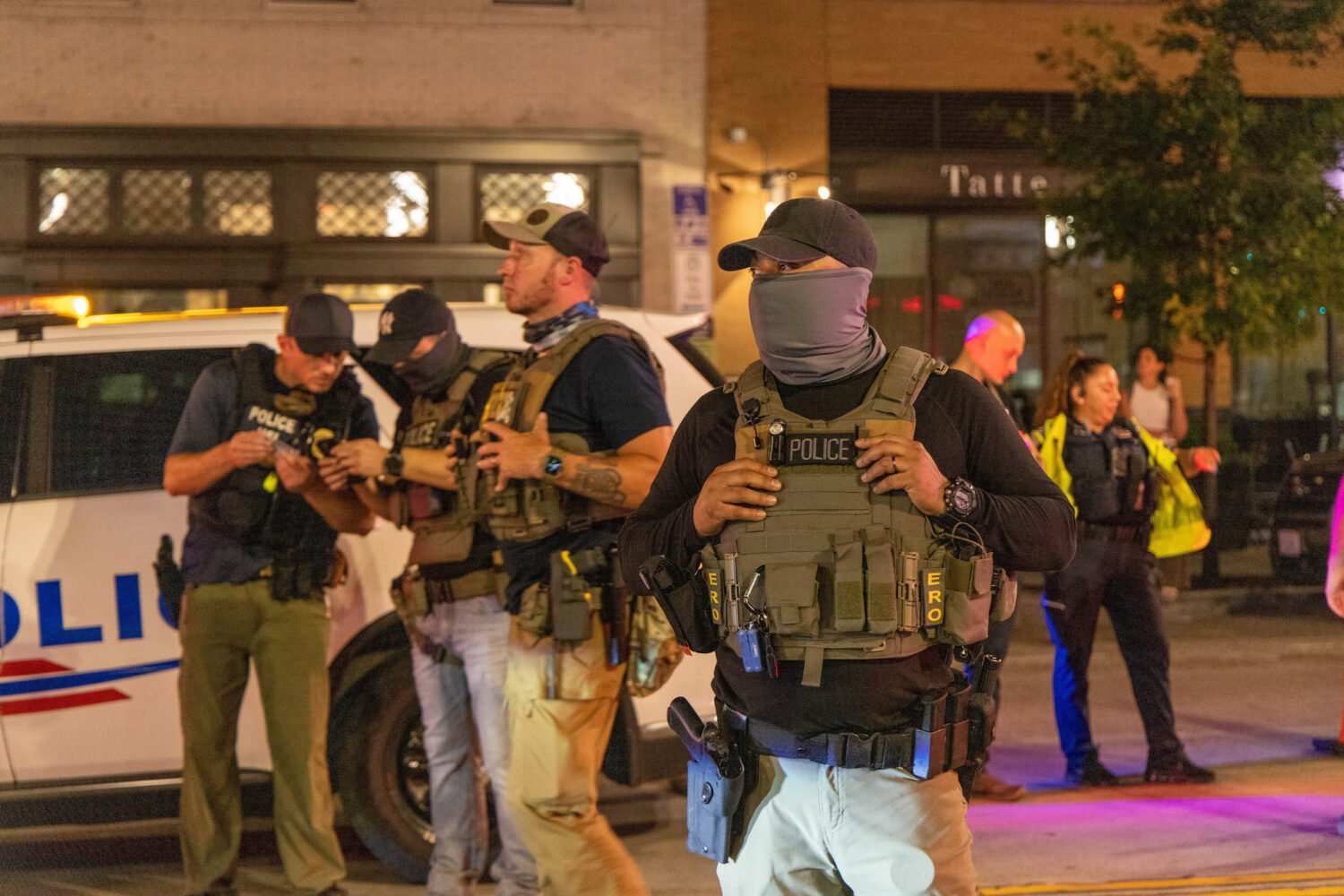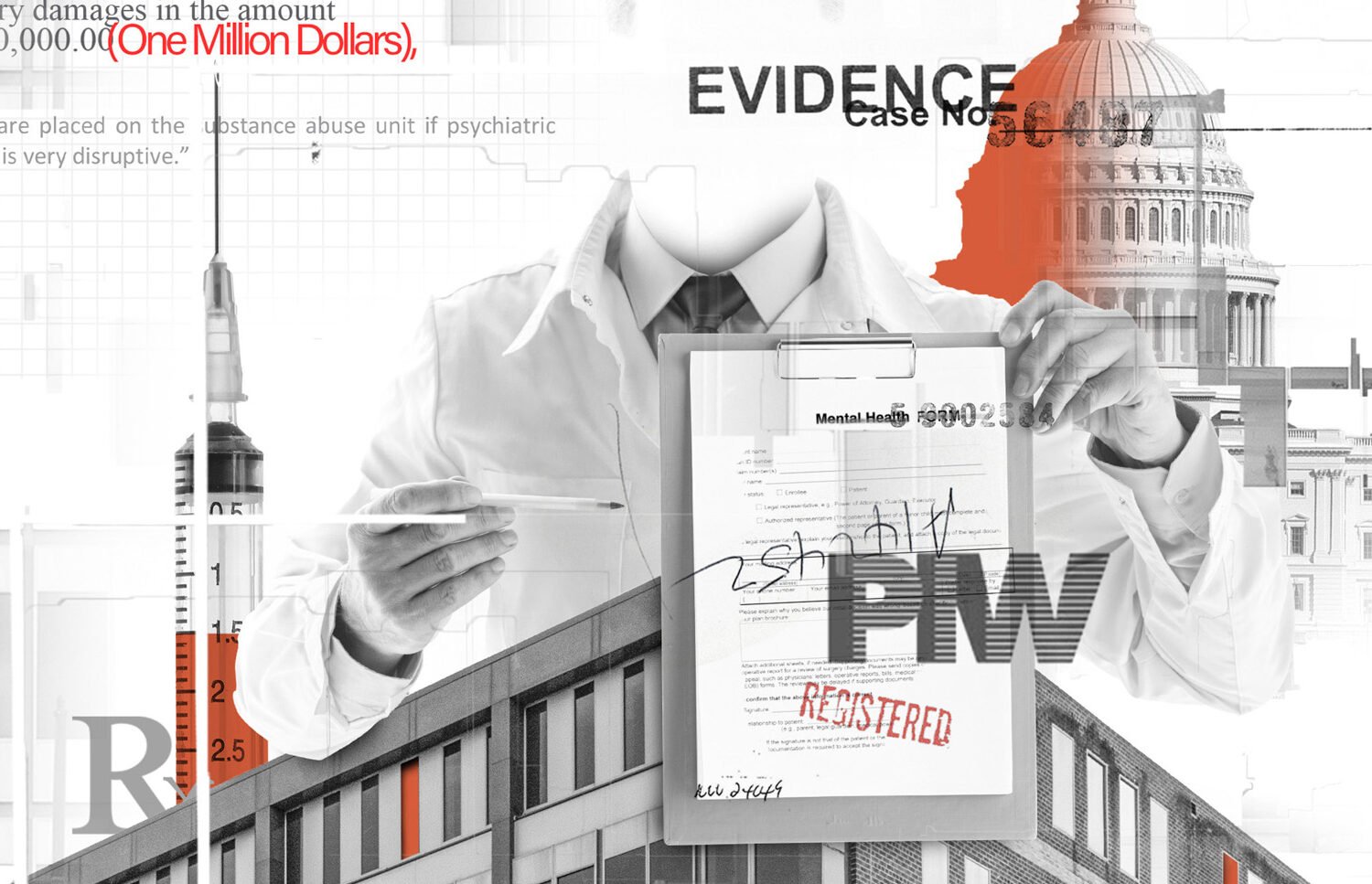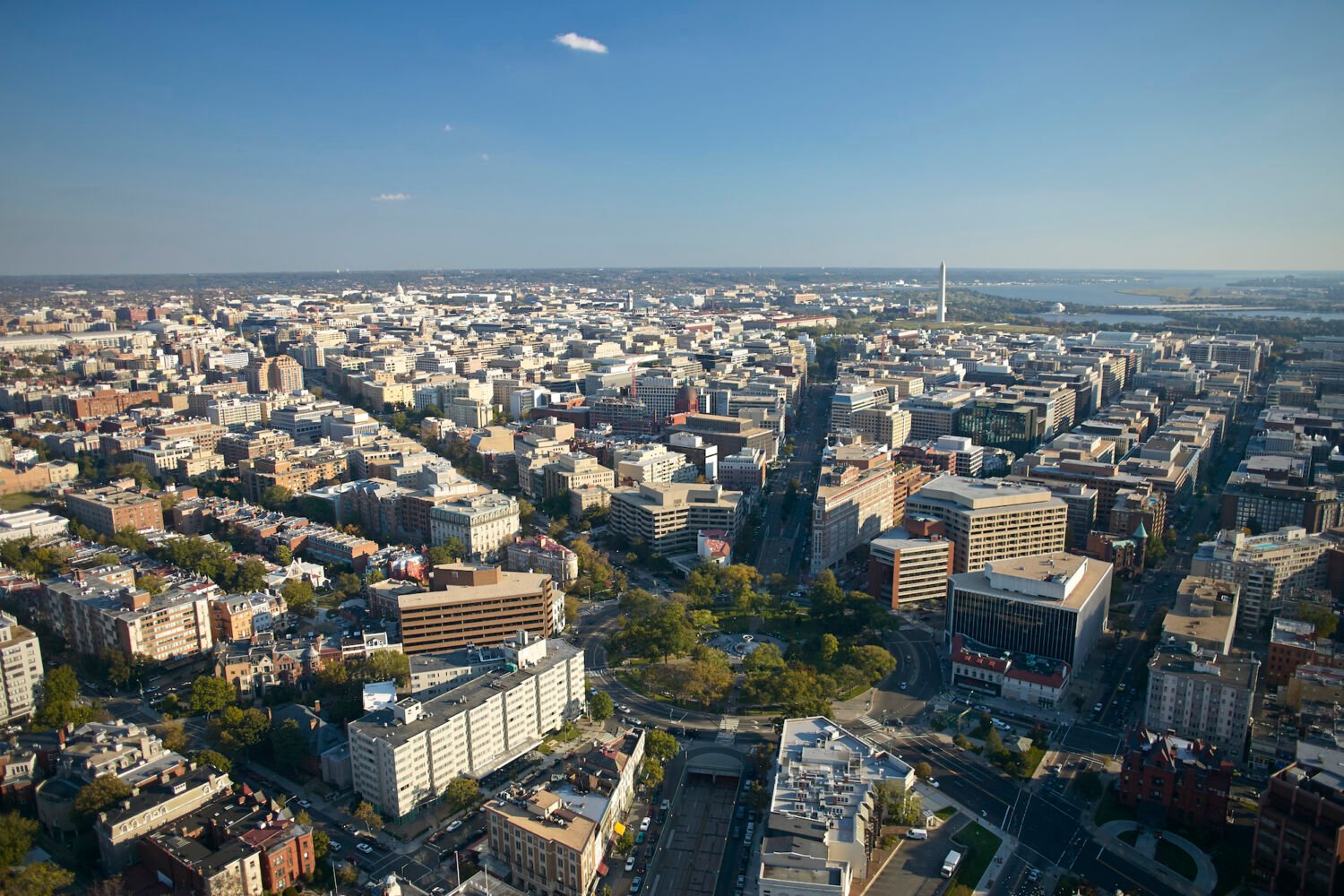Mike Wilbon has hit the trifecta of major life experiences. Last year he suffered a heart attack in January; his first child, Matthew, was born in March; he turned 50 in November.
Which might come as a surprise to readers of his sports columns in the Washington Post and fans of his rants and insights on TV. Neither the bad heart nor the son’s birth kept him from being the multimedia Mike Wilbon for long.
Wilbon on hoops, on football, on baseball. “The only sport I don’t cover is NASCAR,” he says.
Wilbon slides his six-foot-two frame into a booth at the Daily Grill in Bethesda. His wife, Sheryl, sits between him and their son, Matthew Ray Wilbon, who occupies the highchair at the head of the table.
“Check out those legs,” Wilbon says. “He weighs in at 30 pounds already. I call him Little Shaq.”
Wilbon was born on Chicago’s South Side. He graduated from St. Ignatius Prep in 1976 and got a journalism degree from Northwestern University’s Medill School in 1980. He came to the Washington Post as an intern and never left.
He started out covering college basketball, then moved on to Major League Baseball and pro basketball. He started writing a sports column in 1990 and still writes at least two columns a week.
Wilbon made his mark on national television when he became cohost of ESPN’s Pardon the Interruption, known as PTI, in 2001. Aimed at young sports fanatics with the attention span of video-game addicts, the daily half hour pits Tony Kornheiser and Wilbon in a face-to-face duel about the day’s sporting events that often descends into a shouting match. A bell rings every few minutes to kill one discussion and start another.
Wilbon also has a contract with ABC Sports to be a commentator on the NBA. His PTI shows are podcast. He does regular chats on Washingtonpost.com.
The Wilbons recently bought a home in Scottsdale, Arizona, where they spend some weekends. They live here in Bethesda.
What was the sporting scene like here in 1980?
Joe Gibbs was on the way. Bobby Ross was on the way. Lefty Driesell and John Thompson were established. They were the mountain lions.
Was Georgetown a basketball powerhouse?
Not yet. Patrick Ewing was being recruited. Everybody referred to Gary Williams as young Gary Williams. He was coaching at American University. His lead assistant was Ed Tapscott.
What about the NBA?
I got here as an intern right after the Bullets won the NBA title. Wes Unseld and Elvin Hayes were still playing. They were exciting. So that was the local scene. It was kind of like it is now.
In what sense?
Washington is a secondary sport city.
Why?
Because it’s not Philly, it’s not Boston, it’s not Chicago.
Do you think it could be?
No.
Why?
Because people here are interested in stuff other than sports. You don’t have a million, 2 million people who have grown up here, who are always here and call it home. It’s always in transition. God knows Detroit’s a great sports city. So are Cleveland and Pittsburgh. Washington is never going to be.
Because the teams aren’t that good?
The teams are much better here than a lot of places. Georgetown’s been in the Final Four and won a championship; Maryland’s won a championship. There are Super Bowl trophies out at Redskins Park.
Why is this not a great sports town?
People here want a show. I’m a Washingtonian in primarily one way: I live for the event. People go to a Redskins game because it’s an event. They’re not like Giants fans. It’s a cocktail party.
I’ll tell you a story. I’m sitting with Ronde Barber at Cafe Milano two summers ago. Clinton Portis comes in. Clinton Portis should be as recognizable a Redskin as you’re going to get. People are whispering—is that Clinton Portis? That’s a Redskin, right? You think [Bears linebacker] Brian Urlacher walks into a Chicago establishment and people go, “Is that Brian Urlacher?”
People will see that coming from me as a criticism. I like the fact that we’re not singularly possessed and obsessed with sports. I like living in an atmosphere where people think and talk about other things—government, politics, and media. I love it; I love living here. When I come back home from New York on a Sunday night after an NBA show, I’m in a place that’s healthier.
You are not tied to your hometown Chicago teams?
I like to visit my twisted existence. You know what I did last summer? I flew to Chicago every other weekend.
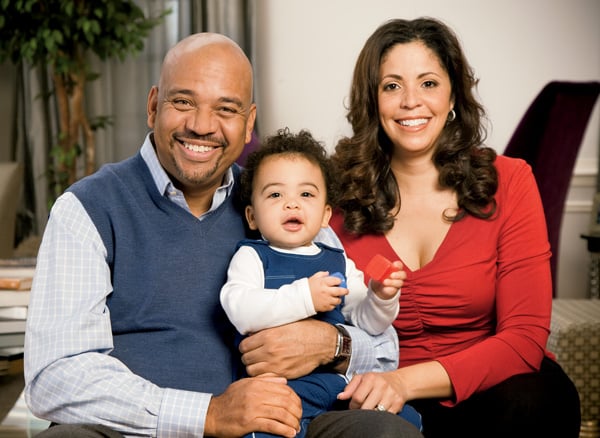
Sheryl, Mike’s wife of eight years, manages Matthew and the household so Wilbon can maintain his manic travels from games to TV studios, from DC to New York to Scottsdale. A DC native, Sheryl has an undergraduate degree from the University of Virginia and a law degree from Duke.
Just to see the Cubs?
Yep. I took my father-in-law to Wrigley Field. My father-in-law’s a Washingtonian. He is a knowledgeable observer of sports. Redskins season-ticket holder, the whole thing. I said, “You haven’t been to Wrigley Field?” So I’m still connected with my Chicago teams.
Which are you most tied to?
I’m most tied to the Bulls now. Two months ago I was most tied to the Bears. You know what I’m doing in March? I’m going to Arizona because the Cubs will be in spring training.
Do you have that same cracked-out feeling about the local teams? Redskins?
I have no rooting interest in any of the local teams. I kind of root for all the colleges. I love it when Georgetown and Maryland and George Mason do well.
Talk about the other guy from the Windy City. When did you first meet Barack Obama?
We met in 2004. I was writing a book with Charles Barkley. Charles wanted to do a book on race and how people saw race in America, and Barack is one of the people we wanted to talk to.
At that point, he was in the Senate?
US Senate. We hung out with him for the better part of the day. We walk out of Barack’s office, we go to the car, and Charles and I look at each other across the hood of the car. I don’t know who spoke first. We just said, “Can you believe this guy?” Neither one of us had ever seen anyone like him up close and personal.
In what sense?
He was just impressive. The way he can inspire you to feel something. Sort of the call to action, the call to be encouraged. I came back home and told my wife, “This guy’s going to be president.”
You said that?
At the time, the notion of some unknown black man from South Side Chicago winning the presidency was unthinkable, but I just thought, this guy, he can appeal to people. I knew the whole story, his interracial parentage and where he was from. We had some people in common.
For instance?
I went to Northwestern, where his brother-in-law, Craig, was assistant coach. And Craig grew up on the South Side at the same time as my brother, Don, and I did. Craig and my brother played basketball with and against each other.
Did you see Obama in Chicago before he ran for president?
We used to run into each other at restaurants like Japonais in Chicago. We’ve run into each other a couple of times.
Do you hang with the President?
I’m not some insider. He called me when Matthew was born. He called when he heard I’d had a heart attack. It was during the presidential primaries. He called to get on me about not being able to go to any more rib houses in Chicago after having a heart attack—which was very kind of him.
It seems like that’s the kind of human being he is—a normal guy. He likes to be in the NCAA pool. Our conversations have often been about “Who’s left in your pool—your bracket as dead as mine is?” It’s not that he’s a sports fan, but he’s rooted in sports, rooted in basketball. Basketball is a metaphor for much of his life, like the Democratic process. And so we share that.
Have you been to the White House?
I don’t expect to see him at all in Washington. I may never see him as president.
You might find yourself invited to a state dinner.
I doubt it. I’m not in that circle. I don’t crave it, you know? Most people in the White House—not him—most people in politics look at sports people as trash. They look at us as secondary people.
I’m not sure that’s accurate.
Sure it is. People in the media—people in my own newsroom think we’re second-class journalists.
Hard to believe. You’re probably the highest-paid journalist at the Post. Back to sports: Your take on the Redskins?
They’re stuck in this sort of land of mediocrity.
Why?
Most teams are stuck in that area. The Redskins suffered for many years due to management. They spend a lot of money, not all of it wisely.
What’s your estimation of Dan Snyder as an owner?
He’s brilliant in terms of business and is incredibly seasoned and as successful as any owner in the league. He’s already tied for number-one owner when it comes to making money—and putting it back in the franchise. Snyder does that.
How would you rank him as an owner able to establish a winning team?
On a one-to-ten scale, he only gets a five—four or five. They’ve been to the playoffs a couple of times. They’re not Detroit—not that terrible. They’re just not really good. So he’s a middle-of-the-pack guy, just like a bunch of others.
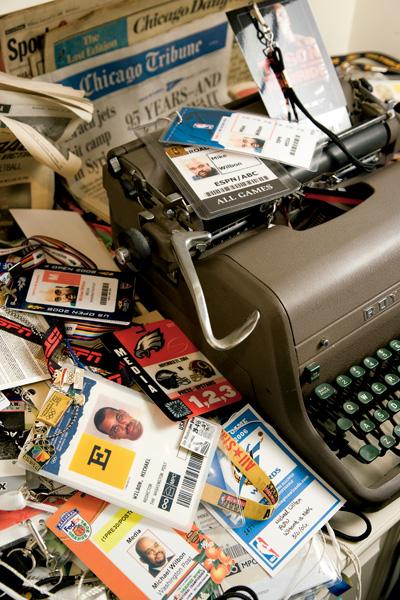
What do you think of Redskins quarterback Jason Campbell?
He’s suffered like LaVar Arrington did—too many coordinators. Does he have the physicality and the intelligence to be a quarterback who reaches the Super Bowl? Yes, he does. But you can’t keep screwing around with these guys. What do quarterbacks talk about? Repetition. “I need to get my reps. I need my system.” The Redskins don’t have any of that; they don’t have any stability.
What franchise has won without that? Look at the Steelers—three coaches in 40 years.
Why can’t the Wizards put a decent team on the floor?
They made the playoffs four years in a row even with injuries. But now they’re not competitive. No one is competitive without his best players. So without Gilbert Arenas and Brendan Haywood, the Wizards have no chance. None. It’s a players’ league. I don’t care who’s coaching.
Can Arenas take them to the championship?
I wouldn’t have signed Gilbert. I wouldn’t have given Gilbert $111 million. I love Gilbert. He’s great for this town. He’s great for media, great for sportswriters. He’s great for the team. I wouldn’t pay him $111 million. And I know [Wizards president] Ernie Grunwald disagrees with me on that.
I face no consequence if I’m wrong. But if Ernie’s wrong, he has the consequences. But I wouldn’t have paid Gilbert that. Grunwald could have gotten two or three players for $111 million. And they didn’t know if he was healthy.
Your take on the Nats?
I’m going to make an admission. It’s bad: I have not yet been to the new park.
How come?
Because I had a heart attack and my son was born. My ESPN and ABC duties. I just haven’t been out there yet.
Talk about how your life has changed post–heart attack.
I have totally changed my diet. I’m breaking my diet a bit with this waffle. I’ve had to exercise a lot more, get more rest.
What kind of exercise?
I’m lifting weights so I can carry this Shaquille O’Neal of a child. My trainer is pushing me to build strength—core-strength things. A lot of squats. I turned 50 in November, so that was sort of a freak-out situation.
What else has changed in your life?
I’m trying to get more sleep. I’m a 2:30-to-3 go-to-bed person. I can’t do that anymore. My concession is bed at 1, 1:30. Then I can get up around 9. I get at least 61⁄2 hours. I used to get five. And I feel much better.
What does a week look like for you?
It’s really helter-skelter. This is what a week will be like: I’ll go to the Big East tournament in New York. That ends March 14 at Madison Square Garden. I’ll go up there Thursday, Friday, and work for the Post and do PTI. There’s a studio right off Fifth Avenue and 43rd. I’ll walk from the Garden to the studio. I’ll walk back to the Garden and go back to writing my column and watching the Big East tournament.
What about the NBA show for ESPN?
On Sunday, a car will take me to Bristol, Connecticut, and I’ll do the NBA show.
What’s there?
ESPN. It’s the whole city. I will do that show, then I’ll go back to LaGuardia, take the last shuttle home. Maybe stop in at a Wizards game to see the opponent—ABC and ESPN have no interest in the Wizards anymore. And then I’ll go to Philly for the first round of the NCAA tournament.
I’ll be in Philly Thursday. Friday I’m going to speak at University of Delaware. Saturday, back to Philly for the second round. Sunday, back to Bristol.
When do you see Sheryl and Matthew—your wife and child?
I’ll fly to Arizona on Monday. I may take a day or two off in Arizona. I don’t get days off in the winter. And because the western regionals are in Phoenix, I’ll go and see a Suns game. Maybe the Lakers are coming; maybe San Antonio will come through. So I’ll do some NBA work. Thursday night, NCAA. Friday’s an off day, but it won’t be an off day. I’ll do NBA work, prepare for the show. Saturday, NCAA in Phoenix.
Dude!
Take a redeye to JFK, get in at 5 am, and go to Bristol and do the ABC show on Sunday. March is a little extreme.
Talk about Tony Kornheiser and PTI. How long have you been doing PTI?
Since October 2001. I can’t believe it’s going to be eight years.
Is it every day of the week?
I’m doing 200 a year.
Are you face-to-face with Tony?
I would say about two-thirds of the time. We do the Monday Night Football games together. We do the show from the field.
So do you love Tony?
Yes. Absolutely.
Even though he can be a bit—odd?
There’s no show if not for Tony. You know, Tony mentored a lot of us. The following people owe money to Tony Kornheiser, not that we’ll give him a damn dime: me, David Aldridge, Sally Jenkins, John Feinstein, Dave Sheinin . . . .
Junior [Feinstein] will not like that.
Too bad. Junior’s top of the list. Rachel Nichols. J.A. Adande. All of us. Tony created opportunity for all of us. So, you know, we all love him. We all know he’s the most neurotic man in America. And we all love him. And more neurotic every day.
Give me an example.
He can’t fly. He can’t take a boat. He can’t drive across a bridge. But he’s the most loyal. There’s just nothing Tony wouldn’t do for any of those people I named, and hasn’t done already. He went to bat for us in ways that we don’t know.
Do you still see yourself as a sportswriter?
That’s what I am. I see the world that way. I know that television has changed what people think of me and what I’m identified as. I get that. I’m grateful to ESPN.
But?
All my life I’ve been a sportswriter, so I see the world that way.
And what does that mean?
I’m not “talent.” I don’t see myself as a guy who has a limo.
Do you think that affects the way you evaluate a situation, a player, a controversy, a game?
I do it the same way I did it 20 years ago. I realize I’m no longer the fly on the wall, because when people are asking you for autographs during a game, you can’t be the fly on the wall.
When you started as a sportswriter, African-Americans probably were 50 percent of the on-court players in the NBA. Now it’s 80, 85.
Same with football—football’s close.
How do you think sports has affected African-American individuals and culture?
It’s probably the most fascinating aspect of sports in America. But we don’t talk about it as such. We talk about little things like who’s the first and who’s the only. It’s the big elephant in the room.
Give me an example.
It drove the Michael Phelps conversation on the Internet because a lot of people, mostly white observers, would say, “Hey, wait a minute. If this was an NBA player—meaning a black player—who had been photographed with pot, would he have had 48 hours of grace period like Michael Phelps did?” They say, “How do you let this go?”
Who called first?
Tony called me the previous night, said, “Does this bother you?” And I said, “In what way?” He said, “Is this kid skating here? Let’s say LeBron James is caught doing this, what’s the reaction? And why should we be any different because of Michael Phelps now?”
You’ve got to say that’s a very genuine question. And I said, “Wow, I hadn’t thought of it.”
Why didn’t you think of that?
I think it was Super Bowl weekend, and I was preoccupied. The other thing is I don’t even drink.
What’s that got to do with anything?
I never have fallen, never been high. Never had a joint. Never. Ever. Never been drunk.
So?
So I am less likely to get judgmental on that because I know it ain’t my area. But—
So then you write a column skewering Phelps for taking a bong hit in public, but you don’t bring up race. Instead, you take a swipe at Sally Jenkins for writing a column defending Phelps.
I’ve known Sally my whole life. She’s like a little sister to me. And so I call her and she’s mad at me for 30 seconds and we—I said, “Tony and I killed you on the talking points today,” and she goes, “You guys.” And then we’re back to being friends.
But you don’t shy away from racial controversies. You took on Don Imus when he made remarks on radio about the Rutgers women’s basketball team. Your columns helped get him fired.
I think race needs to be discussed. Once it’s discussed, people are okay. They’re just scared to get to it. They don’t know how to get to it. At one point, about five years ago, I said to my editors, “I don’t want to be the only guy writing about that. I don’t want to write about race today. Let somebody else do it.”
What was their reaction?
Len Downie said to me, “You write about it as much as you want to because what you’re doing is you’re not preaching, you’re getting a discussion started that needs to be started.” I’m not writing about racism in sports, I’m writing about race in sports, and I hope there’s a big difference.
We’re afraid to talk about race. Sports is the only place we can talk about it.
Let’s talk about two problem stars in the NFL: Plaxico Burress and Terrell Owens. Two receivers with outsize talent who seem to self-destruct. What’s their story? How come Larry Fitzgerald, another talented receiver, is such a sweetheart?
Because that’s how he was raised. I mean Plaxico and T.O. to my knowledge didn’t have strong fathers in their lives like Larry Fitzgerald’s dad.
Larry had advantages that T.O. didn’t have. I don’t want to make excuses—you know me, I ripped T.O. and Plaxico, ripped their asses. But I have a sense of how difficult it probably was for both.
As a sportswriter, as a black man, as a father, do you talk about fatherhood in the black family?
You have to. You do it in locker rooms with players. You do it because you can’t remove yourself. If you’re a black man in America and you remove yourself from that conversation, you’re an irresponsible bum. It’s not always for public consumption, but you never remove yourself. You talk about it all the time.
You listen to the guys who say, “I send a check, I pay.” Because that’s an evolutionary step in fatherhood for that guy because his father wasn’t there, so now to contribute financially even if you’re not there, that’s a measure of progress as a father.
Who among the black athletes you know is a solid family man?
Oh, I know plenty, and maybe I gravitate toward them. Darrell Green: great father, great kids. Grant Hill grew up like I did. Avery Johnson. I know how his kids are raised. Shaq talks about his father—it’s his stepfather, technically. He’s Phil, Sergeant Phil. Shaq loves telling how Sergeant Phil knocked him on his ass when he was in high school. He’s a military father. And sometimes I’ll say on the air, “You know what that kid needs? That kid needs to be Sergeant Philled.”
More examples?
Some coaches like Terry Robiskie, who coached for the Redskins. His son Brian is a three-time Academic All-American at Ohio State. I went up to him at a game recently and said, “Congratulations.” Then I said, “You know what? I’m not talking about the damn Fiesta Bowl. You’re a three-time Academic All-American.” And he smiled. I said, “I’m not surprised because I know your father.”
That resonates for me because I’m still trying to please my father. He’s been dead 22 years, and I’m still trying to show my father I’m worthy.
This article first appeared in the April 2009 issue of The Washingtonian. For more articles from that issue, click here.

